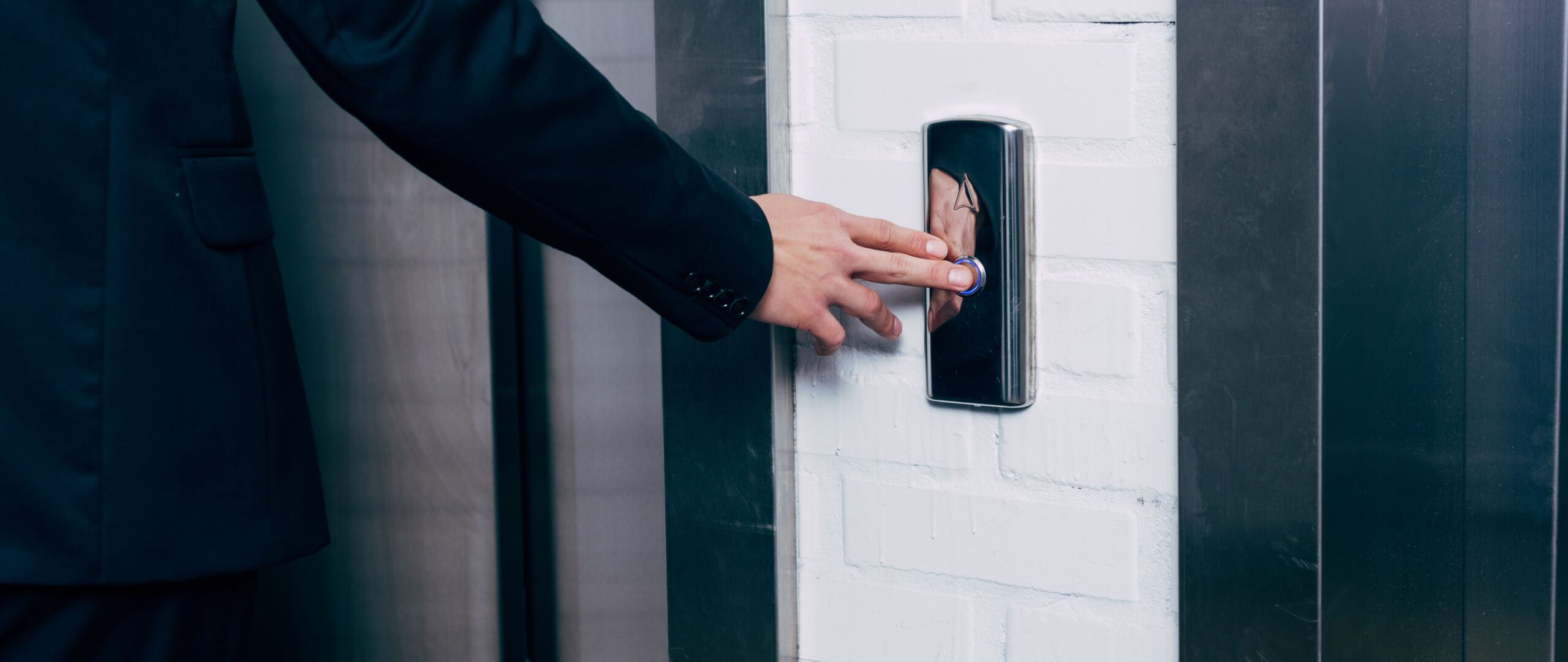Elevator accidents, though rare, can lead to serious injuries and losses. Understanding your legal options in such situations is crucial. Below we have listed some important questions to consider after an elevator accident. If you have further questions or wish to discuss your specific case, contact a personal injury lawyer today.
What Are the First Steps to Take After an Elevator Accident?
After an elevator accident, your first priority should be seeking medical attention, even if you feel fine. Some injuries, particularly internal ones, may not be immediately apparent. Report the incident to the building management and ensure they document your report. If possible, take photos of the scene and get contact information from any witnesses.
Who Can Be Held Responsible for My Injuries?
Determining liability in elevator accidents can be complex. The building owner, maintenance company, or manufacturer of the elevator could be held responsible, depending on the cause of the accident. Sometimes, multiple parties might share liability.
How Can Negligence Be Proven in an Elevator Accident Case?
To prove negligence, you must demonstrate that the responsible party failed to ensure the elevator’s safety, leading to the accident. This involves gathering evidence and building a case that displays the full extent of the at-fault party’s negligence. Maintenance records, inspection logs, and professional testimony can be crucial in establishing negligence.
Is It Better to File an Insurance Claim or a Lawsuit?
As our friends at Hall-Justice Law Firm LLC know, deciding on whether to file an insurance claim or a personal injury lawsuit depends on the specifics of your case. Filing an insurance claim might be the first step. However, if the insurance doesn’t cover all your damages or if the claim is denied, filing a lawsuit might be necessary. Consulting with an experienced lawyer can help you understand the best course of action.
What Compensation Can I Receive?
Compensation received after an elevator accident varies from case to case. Typically, compensation covers medical expenses, lost wages, pain and suffering, and in some cases, punitive damages. The amount varies based on the severity of the injuries and the specifics of the case. An experienced lawyer can help you determine the maximum amount of compensation to seek in your case.
How Can a Lawyer Help Me With My Case?
Elevator accident cases can be complex, involving multiple parties and intricate legal issues. A knowledgeable lawyer has the requisite experience to navigate these complexities, gather necessary evidence, and negotiate with insurance companies or represent you in court.
Selecting the Right Lawyer for Your Case
When selecting a lawyer to represent you, look for a lawyer with experience in elevator accident cases. Check for a strong track record, positive client testimonials, and a personal approach that makes you feel comfortable. Navigating the aftermath of an elevator accident can be overwhelming, but understanding your legal options is the first step towards getting the compensation you deserve. Remember, legal professionals are there to guide you through this challenging time.



